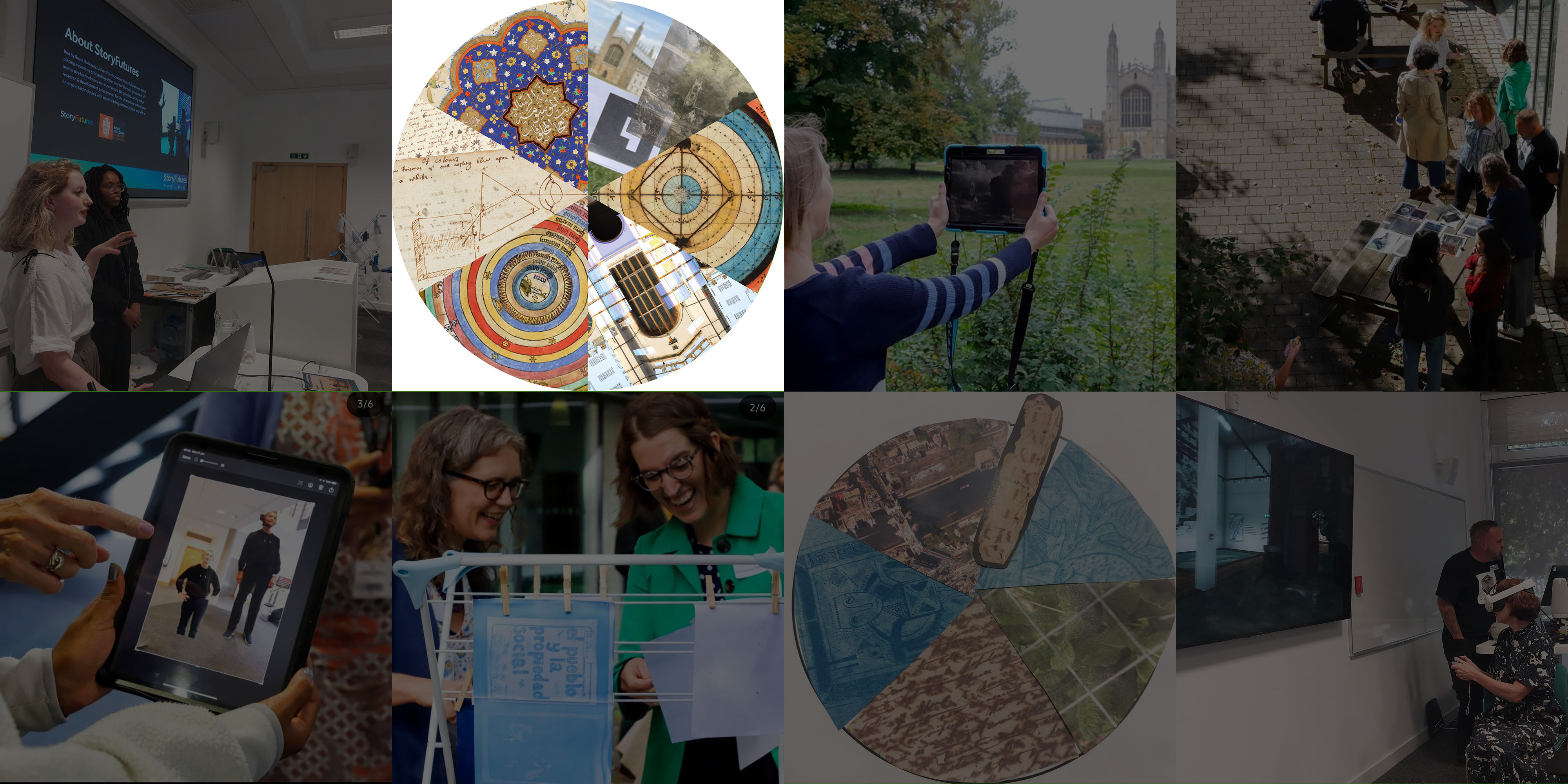EDC Symposium: Part One
by Andy Corrigan
Introduction
About a month ago I was in the midst of preparing for a two-day symposium that centred around an AHRC-RLUK Professional Practice Fellowship that I’m currently undertaking, and rapidly approaching the end of. My project, ‘Encountering Digital Collections’, is exploring practical approaches to using digital collections in research and pedagogical contexts. There are five thematic areas to this, which are inspired by content on Cambridge Digital Library, as well as my own experiences of working with it.
- Methods of note-making
- Practices of walking
- Processes of collaboration
- Acts of creation
- Impact on wellbeing
The Encountering Digital Collections symposium aimed to bring together some of the projects and initiatives that I have encountered during my research, in order to encourage discussion and further collaboration around the project’s themes. I was also hoping that it would provide an opportunity try out some practice-based approaches to the traditional academic symposium format that might inspire, build confidence, and support the role of creativity.
The initial plan for the symposium, conceived whilst creating my project proposal, was humble in ambition, not realising what the scale and scope might be at the time. Once my project was under way, it became clear that only something with the creative ambition to match the scope of the research would really do it any justice. Fortunately, here in Cambridge, the Centre for Research in the Arts, Social Sciences and Humanities (CRASSH) runs an ‘Events & Initiatives Funding’ scheme, the emphasis of which is on enabling creative interdisciplinary approaches, which proved a great fit for my event idea. It’s quite daunting to try and organise an event that not only has a compelling academic rationale, but that also reaches outside the traditional formats of the academic symposium in creative ways. CRASSH has a wealth of experience in doing so, and so having the support and encouragement from the team there was incredibly reassuring and key to its success.
In designing the programme for the event, I wanted to balance panel sessions, discussions, and a showcase aspect, with related practice-based elements that would enable both speakers and attendees to build an empirical understanding as well as a theoretical one. Three thematic panel sessions began to emerge amongst the projects, initiatives and speakers that I hoped to bring harmoniously together. Whilst two of these sessions, ‘Acts of Creation’ and ‘Processes of Collaboration’ directly linked to my project themes, in part because of their more conspicuous prevalence, the third explored concepts of ‘storytelling’, which is something that interweaves all five of my project themes in ways that might not always be immediately clear. I felt it was also important to incorporate a showcase session that provided individual focus on certain projects and initiatives that also speak to multiple themes.
The practice-based elements were a lot more challenging to conceive, as I wanted to draw out individual aspects, yet also provide coherent experiences that linked together to provide what might be a progressive practical discourse, of sorts. My aim in writing up this summary of the event, is not to focus on exactly what each speaker said, but to summarise what that might mean in, or how it might speak to, the context of my Fellowship project.
I have broken my report of the whole event down into six journaled parts, including this introduction, that each cover various aspects of the event:
- Part Two: Acts of Creation
- Part Three: Processes of Collaboration
- Part Four: Showcase
- Part Five: Walking
- Part Six: Stories and Conclusions
This post has been funded by the AHRC-RLUK Professional Practice Fellowship Scheme for research and academic libraries.
